



Jacobs. A world where you can.



As climate change threatens water security around the world, more communities are turning to water reuse as a resilient water supply solution and embracing the OneWater principle that all water has value. Jacobs has been supporting clients with water reuse programs for decades, beginning with the first applications of advanced wastewater treatment technologies in the 1960s. We provide our clients with a full range of services, from water reuse feasibility studies to design, construction and operations.



We’ve provided design-build services to the water sector for over 25 years and delivered more than 150 projects. We offer fully integrated design-build and design-build-operate capabilities to tackle the most complex water challenges and work in close collaboration with our clients.



For more than 30 years, Jacobs has been responsible for planning and implementing Lead and Copper Rule-related strategies which protect millions of people in the U.S. and Canada. Our work includes enhanced water quality monitoring strategies, sampling plan development, harvested pipe-scale analysis, lead service line inventories and replacement plans, corrosion control studies and the incorporation of equity and environmental justice considerations into compliance programs.



A curated selection of some of the top-listened to and trending podcast episodes from our popular If/When podcast series.



As a purpose-led company, we know we have a pivotal role to play in addressing the climate emergency. We consider this not only good business, but our duty to channel our technology-enabled expertise and capabilities toward benefitting people and the planet.



We work in partnership, delivering some of the most challenging, diverse and innovative projects and programs globally across multiple sectors. We integrate complex interfaces across planning, procurement and delivery to help unlock better social, environmental and economic outcomes from mega and giga projects.



As our clients navigate the digital transformation and growing cyber risks, we have positioned ourselves at the forefront of this growth, adding digital capabilities, products and tools to serve a growing set of customers.



Sit down with our visionary team of thinkers, dreamers and doers to see what a day in the life is like.



Together with our visionary partner, PA Consulting, we're establishing our position in high end advisory services, creating a springboard to expand in high value offerings beyond the core.


At Jacobs, we're challenging today to reinvent tomorrow by solving the world's most critical problems for thriving cities, resilient environments, mission-critical outcomes, operational advancement, scientific discovery and cutting-edge manufacturing, turning abstract ideas into realities that transform the world for good. With approximately $16 billion in annual revenue and a talent force of more than 60,000, Jacobs provides a full spectrum of professional services including consulting, technical, scientific and project delivery for the government and private sector.



The only certainty about the future is uncertainty. Resilience is an attribute of a smarter planet, and requires planning and adapting ahead of potential threats. We help our clients survive, recover, adapt and thrive.



Jacobs is working to help clients across the United States secure federal funding for projects that make our cities and communities more connected and sustainable. Working hand-in-hand with clients from coast to coast and everywhere in between, Jacobs develops bold, innovative solutions to address the nation’s toughest challenges.



Now more than ever, we appreciate the hard work, sacrifice and dedication of the medical profession in ensuring the health and safety of our communities.



Together, we are stronger. Together, we can transform the future.



Stories that capture our partnerships and innovative impact for a more connected, sustainable world


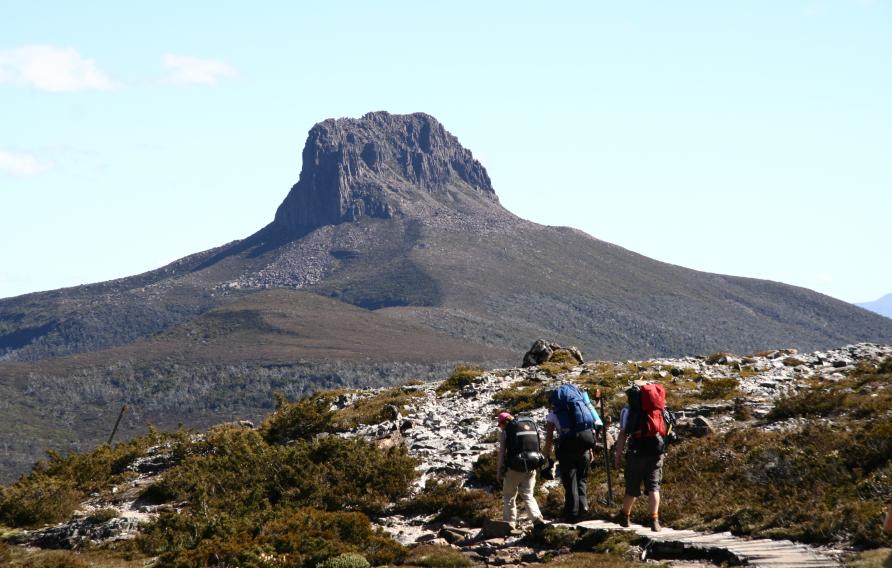

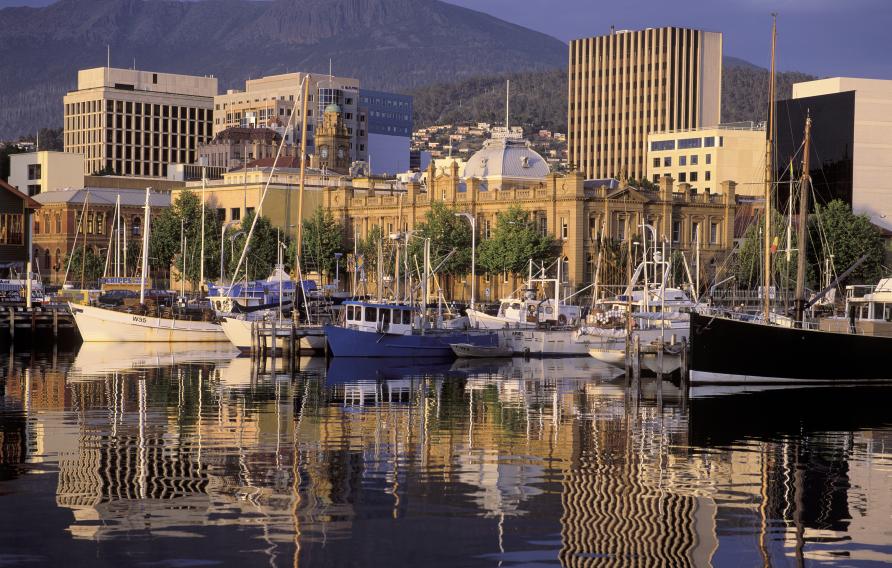
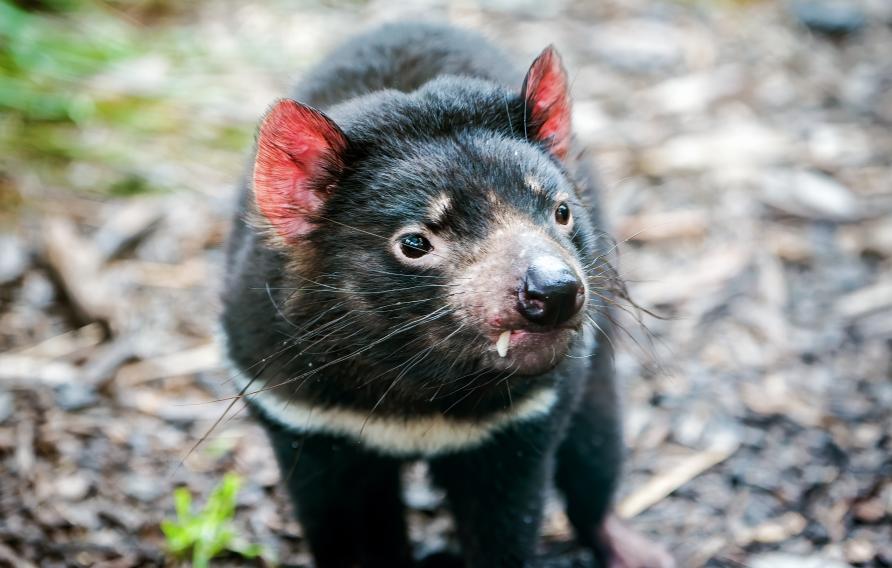
Tasmania is an island state situated about 250 kilometers south of the Australian mainland. The state is home to over 500,000 people and is similar in size to the country Ireland or the U.S. state of West Virginia. Renowned for its natural beauty and clean food, Tasmania features azure beaches with squeaky white sand; World Heritage-protected rainforests and unique fauna such as the Tasmanian devil. Tasmania is also regularly ranked as having some of the cleanest air in the world due to its location in the Southern Ocean.
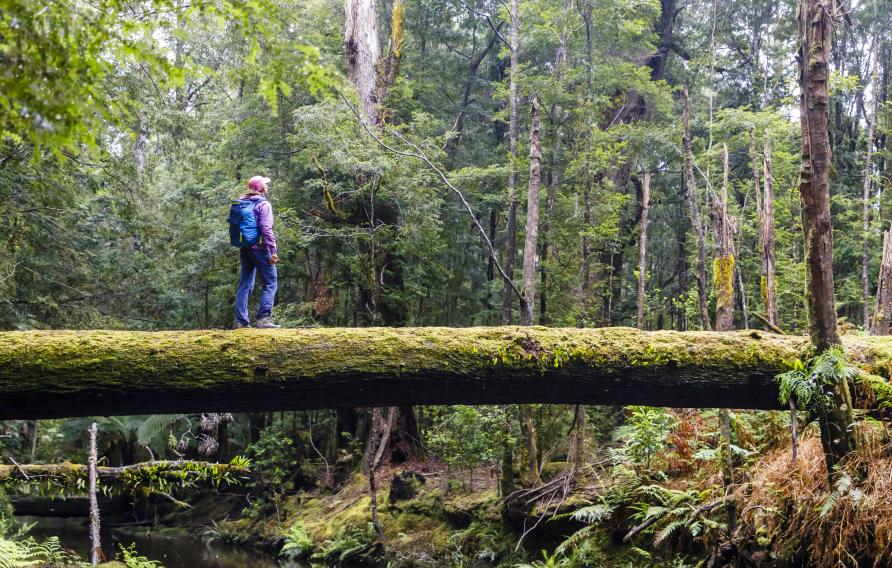
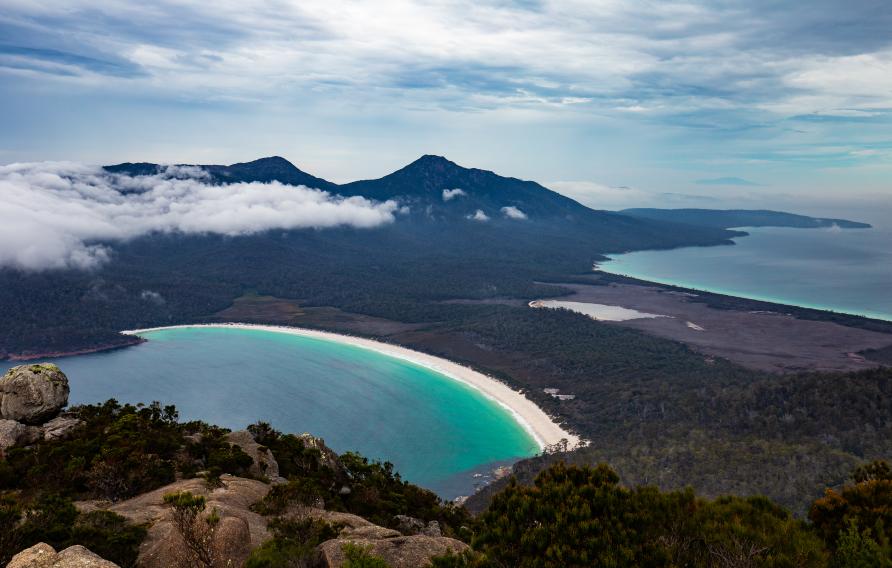

In 2020, the Tasmanian Government engaged Jacobs to conduct an independent review of the Tasmanian Climate Change (State Action) Act 2008 (the Act.) The Act specifies that reviews are undertaken every four years. Jacobs undertook the two previous reviews in 2012 and 2016. Jacobs engaged extensively with government, industry and community stakeholders, with over 200 people participating in online forums to discuss the Act and the state’s responses to climate change.
The review team recommended seven changes to the Act:
1. Set a target to maintain net zero emissions from 2030.
2. Consolidate and simplify the objectives of the Act making its intent clear and easy to understand.
3. Establish a set of principles to guide climate action.
4. Ensure relevant government policies and strategies are informed by climate change.
5. Legislate the requirement to prepare a climate action plan for the state.
6. Undertake statewide climate change risk assessments.
7. Implement emissions reduction and resilience plans for key sectors of the Tasmanian economy and society.
The Tasmanian Government accepted 5 of the 7 review recommendations, which were first passed through the lower house in September 2022 and were then passed on November 10 in the legislative assembly (upper house.) The Act received Royal Assent on November 30, making the new legislation effective from this date. The remaining 2 recommendations were accepted in-principle with the Tasmanian Government adopting a policy approach rather than a legislative approach.
The amendments put Tasmania on a path to sustainable economic development, strengthens Tasmania’s brand as a low carbon state, rich with natural beauty. It legislates measures to build resilient communities as they deal with the impact of climate change.
Legislating a 2030 net zero emissions target, which was previously set at 2050, is one of the most ambitious emissions reduction targets in Australia and among world-leading targets. Due to the state’s extensive renewable energy resources and changes in management of its native forest estate, Tasmania currently has net negative emissions.
The delivery of sector-based plans will simultaneously seek to reduce emissions and improve resilience, providing Tasmanians robust pathways to further the transition towards an even lower carbon future and enhancing the state’s clean, green brand.
State-wide climate change risk assessments will consolidate and utilize Tasmania’s world-class climate scientific knowledge and expertise to provide a robust basis for prioritized investment in climate adaptation planning and resilience building. Sectoral adaptation planning undertaken in partnership with stakeholders will drive effective action towards embedding resilience into communities, the economy and natural environments.
“One of the greatest challenges of our lifetime is adapting to the dramatic impacts of climate change,” says Jacobs Vice President & General Manager, People & Places Solutions – Australia and New Zealand Rich Hayers. “We’re proud of our partnership with the Tasmanian Government, helping define integrated, actionable paths forward via the Climate Change Act and advancing the state's reputation as a climate response leader.”
The Act helps Tasmania respond to the challenges of climate change providing legislative mechanisms to help decarbonize and improve the resilience of the state’s economy and communities. The passing of these recommendations helps Tasmania avoid the worst impacts of climate change, providing opportunity for the state to promote further economic development through its advantages in tourism, renewable energy capacity, and clean and green produce and branding.
Number of recommendations made by review team, with 5 legislated and 2 informing policy by the Tasmanian Government
Tasmania’s position in the New York Times ranking of the best places to survive global societal collapse
Number of “Abels’. A group of 158 Tasmanian mountains above 1100m and with a prominence of at least 150m. Conquering as many Abels as possible is a goal for many in the Tasmanian hiking community